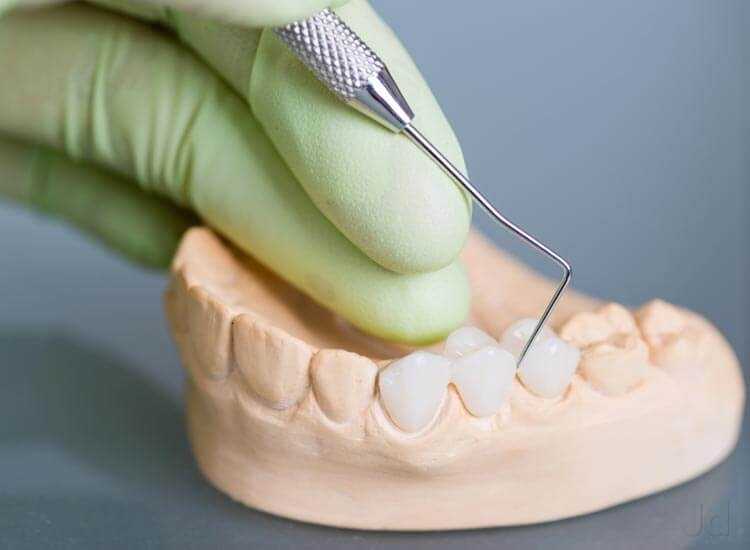Healthcare is a fundamental aspect of our lives, often appreciated most when it is needed. In recent years, there has been a significant shift from a reactive approach to healthcare where individuals seek medical attention only when they are sick to a proactive one that emphasizes wellness and prevention. This transformation is vital for a healthier life, and it requires individuals to take a more active role in their healthcare. Wellness begins with education and awareness. Understanding your body, its needs, and potential risks is the first step in mastering healthcare for a healthy life. This knowledge empowers individuals to make informed choices, take preventative measures, and adopt healthier lifestyles. Regular check-ups, screenings, and consultations with healthcare professionals are essential for early detection of potential health issues, allowing for timely interventions and outcomes. Incorporating physical activity into your daily routine can be as simple as taking a brisk walk, cycling, engaging in recreational sports. It is not about being a fitness enthusiast but about finding ways to stay active.
Diet and nutrition play a significant role in wellness. What we eat directly impacts our health, and a balanced, nutritious diet is a cornerstone of healthcare. Informed choices about what we consume can prevent numerous illnesses, such as heart disease, diabetes, and obesity. A diet rich in fruits, vegetables, whole grains, and lean proteins, while minimizing processed and sugary foods, is a fundamental aspect of wellness. Moreover, staying hydrated and understanding the nutritional needs of your body is crucial. Physical activity is another critical component of wellness. Regular exercise not only helps maintain a healthy weight but also reduces the risk of chronic diseases, improves mental health, and enhances overall well-being. Mental health is often overlooked, but it is just as important as physical health. Stress, anxiety, and depression can take a toll on our overall well-being and even lead to physical health problems. Seeking support when needed, practicing stress-reduction techniques, and maintaining a positive mindset are all crucial in mastering healthcare. Mindfulness, meditation, and therapy can be valuable tools in promoting wellness. Preventive care is at the heart of the shift from illness to wellness.

Vaccinations, regular screenings, and health check-ups are essential in catching potential health issues early, when they are more manageable. Engaging in these preventative measures ensures that minor concerns do not escalate into major problems. Another aspect of mastering healthcare for a healthy life is being an advocate for your own health. The health blog means participating in your healthcare decisions, asking questions, seeking second opinions, and understanding the risks and benefits of treatment options. It also involves taking your prescribed medications as directed and following your healthcare provider’s advice. Telemedicine and health-related apps provide opportunities to track your health, communicate with healthcare professionals, and access valuable information about your well-being. Leveraging these tools can help you become more engaged in your healthcare journey. Support and community are also essential in achieving and maintaining wellness. Sharing your healthcare goals and challenges with family and friends can provide the motivation and encouragement needed to stay on track. Joining support groups or online communities focused on specific health concerns can connect you with individuals who are facing similar challenges and can offer guidance and empathy.



